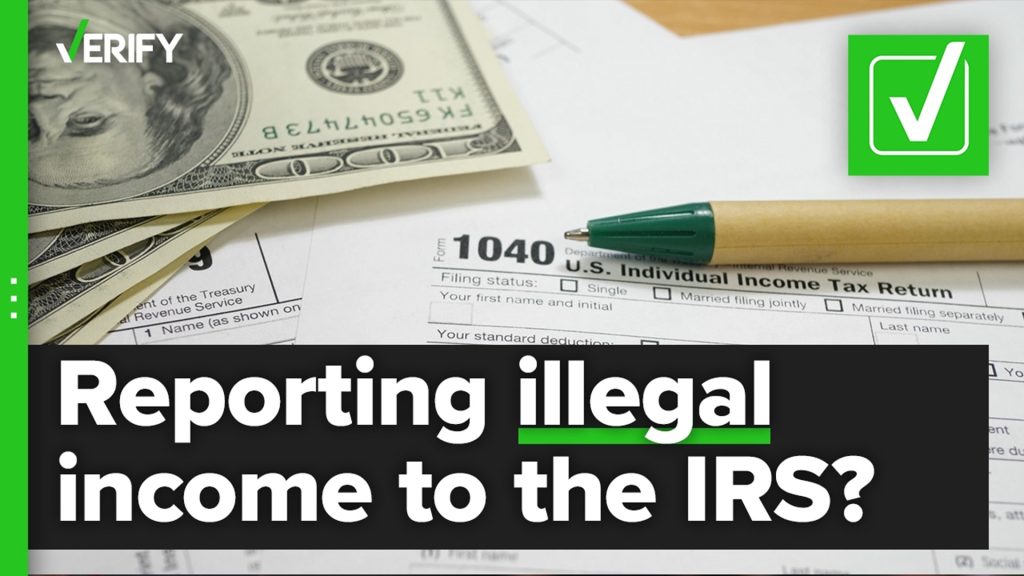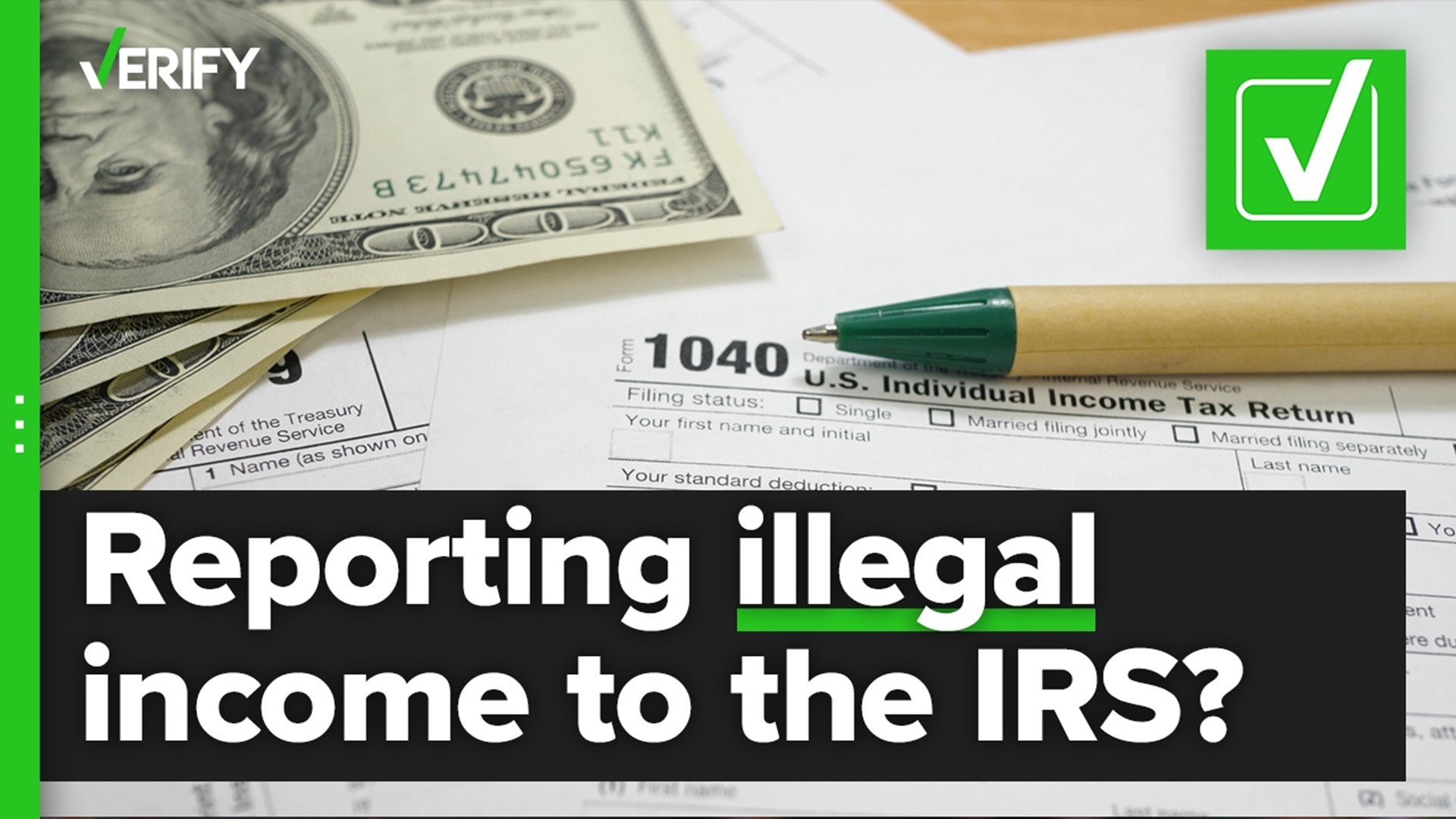As tax season approaches, a viral social media reminder has brought attention to an often overlooked aspect of tax reporting – the obligation to declare income derived from stolen property and illegal activities. The Internal Revenue Service (IRS) explicitly requires individuals to report such gains on their income tax returns, reinforcing a century-old legal precedent that mandates taxation on all income sources, regardless of their legality. The historic case of mobster Al Capone, prosecuted for tax evasion, remains a poignant example of the government’s commitment to ensuring tax compliance, even from individuals engaged in criminal activities.

Reporting Stolen something: A Legal Obligation
Publication 17 by the IRS makes it very clear—contrary to popular belief—that anyone who steals something is required to record the full market worth of that property as income unless it is returned to its rightful owner during the same tax year. This legal requirement is applicable to any income obtained through illegal means, including kickbacks, bribes, or the sale of drugs. To ensure complete reporting of additional earnings, the reporting process involves revealing such money on Form 1040, the basic tax record used for numerous income sources.
The Revenue Act of 1921, which marked the beginning of more than a century of tax enforcement against people involved in criminal enterprises, is the source of the requirement to declare revenue from illegal operations. United States v. Sullivan, a landmark Supreme Court decision, established a critical precedent by holding that people cannot be protected from prosecution by the Fifth Amendment if they refuse to file tax returns on money received through unlawful means. This legal framework prepared the way for well-known prosecutions, such as the notorious Al Capone case, in which the mob boss was found guilty of tax evasion in 1931.
The Mob Museum’s account of United States v. Sullivan reveals that the Supreme Court decision played a pivotal role in prosecuting Al Capone for tax evasion. Capone, a notorious mobster, was estimated to have earned over $1 million from 1924 to 1929 but evaded around $219,000 in federal taxes by not filing tax returns. The government successfully convicted Capone, sentencing him to 11 years in federal prison, imposing fines, and compelling payment of back taxes with interest, underscoring the government’s commitment to enforcing tax laws.
READ ALSO: Michigan to Provide Financial Relief to 700,000 Households through Expanded Tax Credit
Modern Examples of Tax Prosecutions
The government’s commitment to prosecuting tax evaders has persisted into modern times.
In 1994, the case of Aldrich Ames, a CIA veteran spying for the Russians, exemplifies the comprehensive approach to tax enforcement. Ames and his wife were prosecuted for tax evasion after failing to declare nearly $2 million in payments from the Soviet Union, showcasing the enduring relevance of tax reporting requirements for individuals engaged in illicit activities.
READ ALSO: Food Stamps Alert: Safeguarding $38 Million in Potential SNAP Funds – Current Measures in Place




